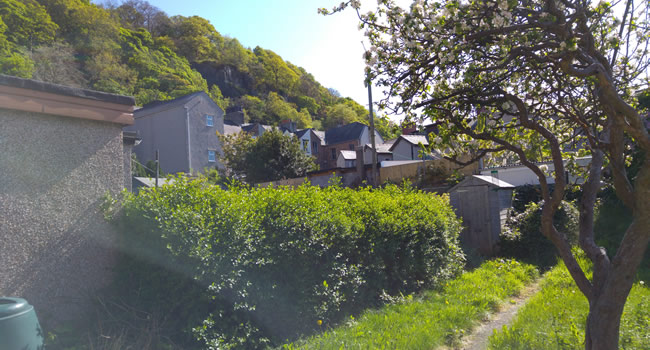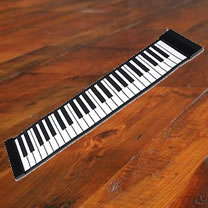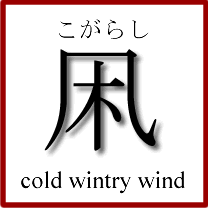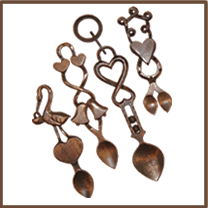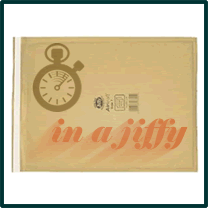
A jiffy is very short, unspecified length of time. For example, “I’ll be back in a jiffy”.
It can refer to more precise units of time, and was first defined by Gilbert Newton Lewis (1875–1946) as the time it takes light to travel one centimeter in a vacuum (about 33.3564 picoseconds). Other definitions are available.
Jiffy [ˈd͡ʒɪ.fi] was first recorded in English in 1785 and its origin is uncertain. One possibity is that it was Thieves’ Cant for lightning. It used to be written giffy, and may be related to gliff (a transient glance; an unexpected view of something that startles one; a sudden fear) [source].
Jiffy is also a brand of padded envelope and other packaging, so you could, if you were so inclined, send someone something in a jiffy (bag/envelope) in a jiffy.
Other expressions that indicate that something will happen very soon include:
– at once
– now
– right now
– straight away
– immediately
– in an instant
– instantly
– in a minute
– in a moment
– in a second
– in a trice
– in a mo
– in a sec
– in a tic
– in a heartbeat
– as quick as a flash
– in a second / in a sec
– in two shakes of a lamb’s tail
– in the blink of an eye
– before you know it
Welsh equivalents include:
– ar unwaith (at once)
– yn syth (immediately)
– ar y gair (on the word)
– yn y fan (in the place)
– yn ddi-oed (without delay)
– mewn chwinciad (in a wink)
The length of time indicated by these expressions can vary considerably. When some people say they will do something staight away, they really mean it. Others might mean that they will do it at some time in the future, maybe, if they can be bothered, but don’t hold your breath.
When I’m asked to do something I don’t really want to do, I might say that I’ll do it when I have a spare moment (or two), or if I can find the time. This might mean that I will actually do it, or that I won’t.
Do you know/use other expressions, in English or other languages, for short lengths of time?
When asked to do something you would rather not do, how would you politely decline?
This post was inspired by a reference to Jiffy Pop, a brand of popcorn, in a novel I’m reading at the moment, The Art of Disappearing, by Ivy Pochoda. I had to look it up.
